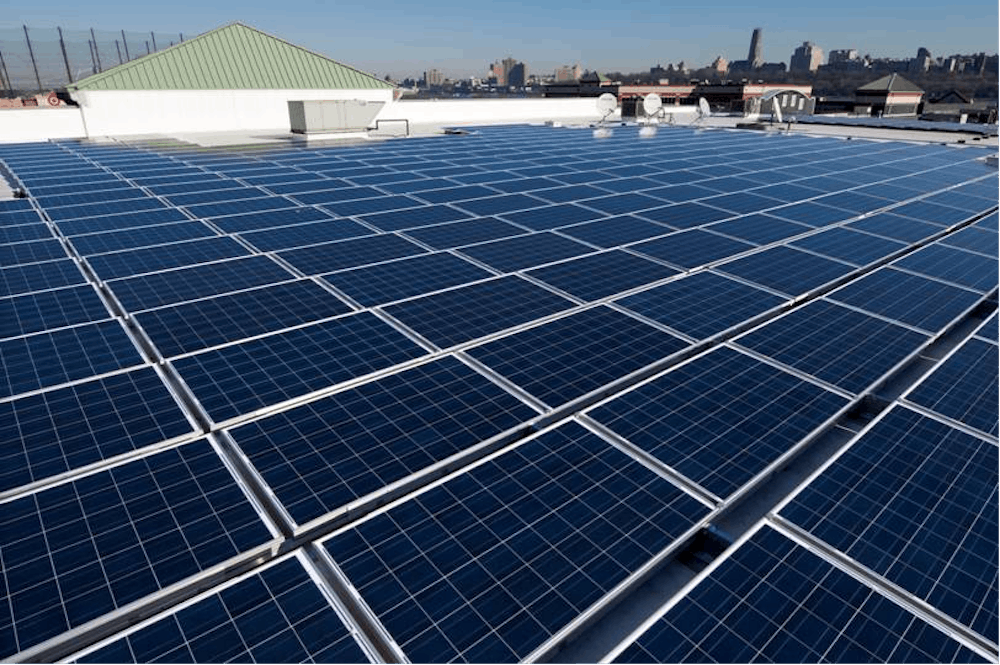Penn broke ground on two solar facilities in Pennsylvania in June, bringing it closer to meeting its Climate and Sustainability Action Plan 3.0 established in 2019. The combined capacity at the solar facilities in Franklin and Fulton counties will mark the largest in solar initiative in the state.
The solar project, expected to be operational by the end of 2023, will supply 75% of the demand for electricity for Penn's academic campus and health systems. The two solar facilities will help Penn work towards its goal of becoming carbon-neutral by 2042.
Penn will continue to stay connected to the power grid after the solar facilities are complete. Ben Suplick, Penn's director of Engineering and Energy Planning, said in an interview with The Daily Pennsylvanian that reliability is prioritized in the process of shifting to solar energy and that he has no concerns about the transition.
According to estimates from Fossil Free Penn, a student-run climate activist group, Penn currently has $922 million invested in fossil fuels industries. Rising College sophomore Jae Hargest and spokesperson for Fossil Free Penn said to the DP that while the group thinks it is a "good thing" that Penn is transitioning the campus itself away from fossil fuel, the group believes the change is greenwashing (conveying a false impression of environmentally friendly policies).
Nina Morris, the sustainability director of Penn’s Sustainability Department, said that Penn has a multi-pronged approach to sustainability. “As a large part of the Philadelphia footprint, Penn is taking full responsibility for our role and trying to help the overall sustainability in Philadelphia … using our purchasing power to create more renewable energy which helps set a precedent and develop local knowledge, and encourage others to take similar strides to work towards clean energy,” Morris explained. The Sustainability Department focuses on areas such as waste minimization, transportation, outreach, and purchasing to address the compounding crises of climate change.
"Energy is extremely critical, we are supporting students, faculty, and a lot of research ... it is absolutely essential for people to be able to work," Morris added.









